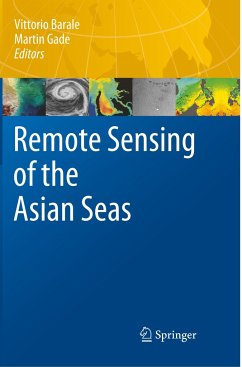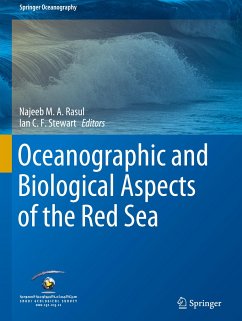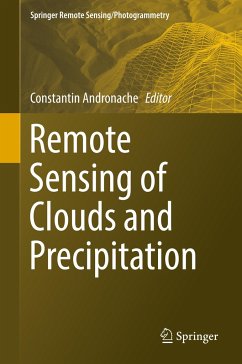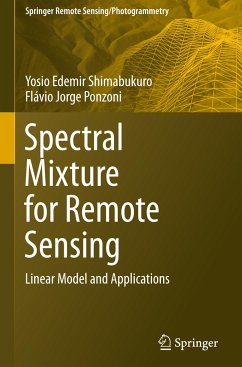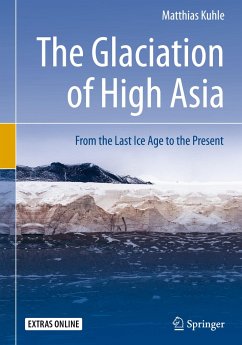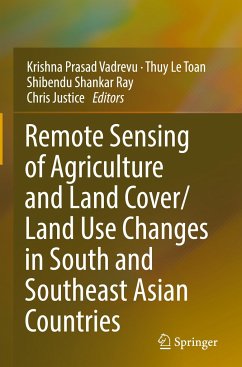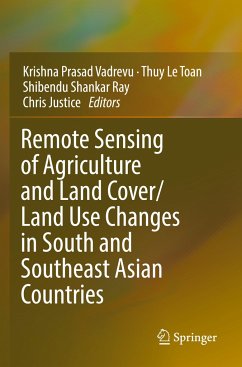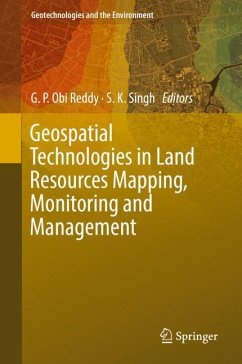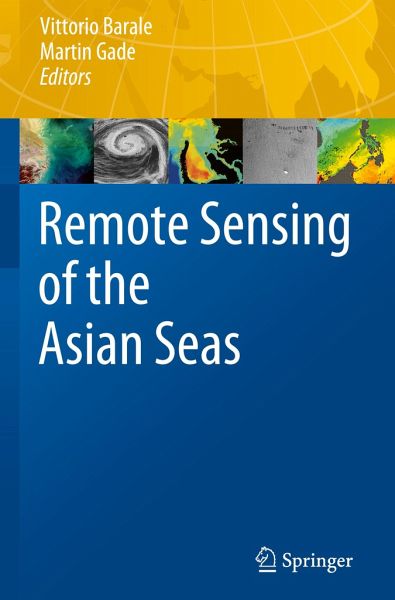
Remote Sensing of the Asian Seas

PAYBACK Punkte
65 °P sammeln!
A wide variety of marginal basins, ranging from polar to equatorial regions, and a few sizeable enclosed basins, can all be included among the Asian Seas. The Arctic Ocean shelf seas off Siberia; the sheltered basins along the Pacific Ocean's western rim; the coastal seas of the northernmost Indian Ocean, including the semi-enclosed Red Sea and Persian Gulf; the Caspian Sea, the remnants of the Aral Sea and a score of brackish or freshwater lakes, such as Lake Balkhash and Lake Baykal; all exhibit a multiplicity of environmental features and processes. Understanding the peculiarities of such a...
A wide variety of marginal basins, ranging from polar to equatorial regions, and a few sizeable enclosed basins, can all be included among the Asian Seas. The Arctic Ocean shelf seas off Siberia; the sheltered basins along the Pacific Ocean's western rim; the coastal seas of the northernmost Indian Ocean, including the semi-enclosed Red Sea and Persian Gulf; the Caspian Sea, the remnants of the Aral Sea and a score of brackish or freshwater lakes, such as Lake Balkhash and Lake Baykal; all exhibit a multiplicity of environmental features and processes. Understanding the peculiarities of such a large and varied collection of marine and coastal types requires integrated observation systems, among which orbital remote sensing must play an essential role. This volume reviews the current potential of Earth Observations in assessing the many Asian seascapes, using both passive and active techniques in diverse spectral regions, such as measuring reflected visible and near-infrared sunlight and surface emissions in the thermal infrared and microwave range, or surface reflection of transmitted radar pulses in the microwave range. An in-depth evaluation of the available spectral regions and observation techniques, as well as of novel multi-technique methods, ensures that suitable tools are indeed accessible for exploring and managing the wealth of resources that the Asian Seas have to offer.



